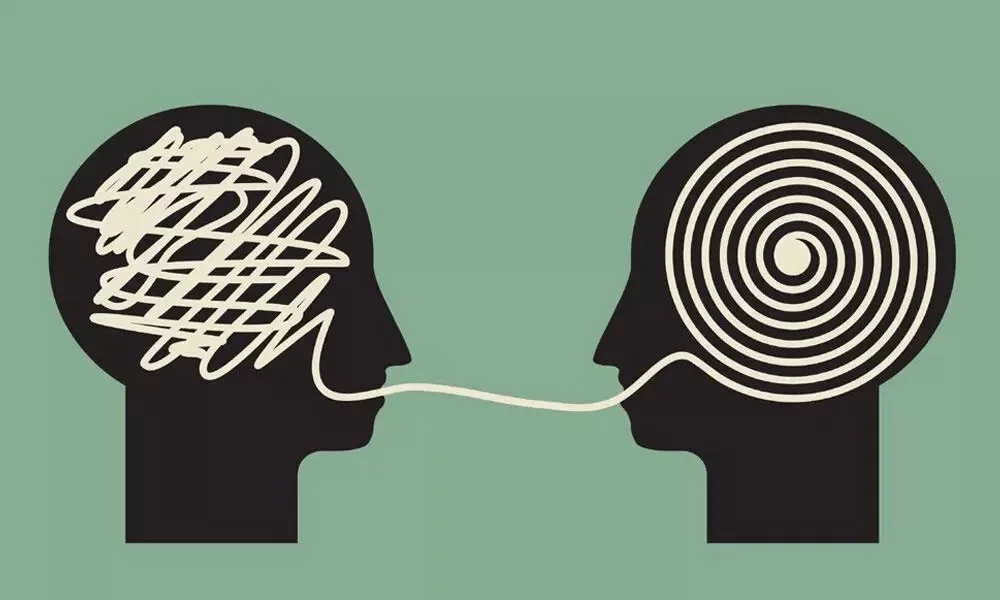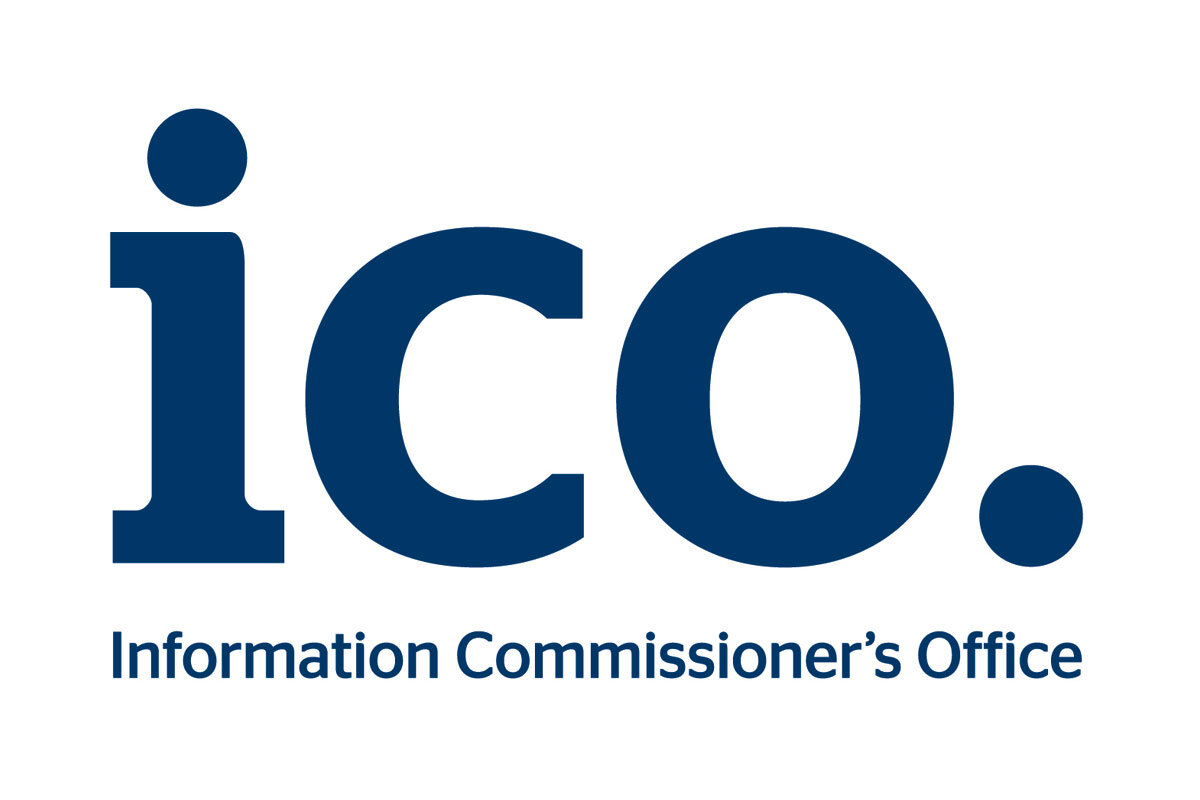What is Reasoning?
Reasoning is a cognitive ability that is essential for problem-solving, decision-making, and critical thinking. It involves using logic and evidence to draw conclusions and make judgments based on available information. There are different types of reasoning, including verbal reasoning, non-verbal reasoning, and spatial reasoning. In this blog, we will explore the differences between these types of reasoning and the benefits of learning them.
Verbal Reasoning
Verbal reasoning is the ability to understand and analyze language-based information. It involves language comprehension, analysis, inference, and deduction. Verbal reasoning tests often involve questions on analogies, synonyms, antonyms, and logical deductions based on passages of text. Verbal reasoning skills are essential for effective communication, reading comprehension, and critical thinking. These skills are also useful in many academic and professional fields, such as law, journalism, and academia.
Non-Verbal Reasoning
Non-verbal reasoning is the ability to understand and analyze visual information without language. It involves abstract reasoning, pattern recognition, and relationship identification. Non-verbal reasoning tests often involve questions on series, matrices, and spatial reasoning puzzles. Non-verbal reasoning skills are essential for many fields, including engineering, architecture, and design. These skills also help in everyday life, such as navigating unfamiliar environments or assembling furniture without instructions.
Spatial Reasoning
Spatial reasoning is the ability to mentally manipulate and visualize objects in three dimensions. It involves spatial visualization, mental transformations, and orientation and position understanding. Spatial reasoning tests often involve questions on block assembly, paper folding, and spatial visualization. Spatial reasoning skills are essential for many fields, including mathematics, physics, and engineering. These skills are also useful in many everyday situations, such as reading maps or packing luggage efficiently.
Benefits of Learning Reasoning
Learning reasoning skills has many benefits, including improved problem-solving, critical thinking, and decision-making. These skills also enhance communication, creativity, and innovation. Here are some specific benefits of learning reasoning:
Better Problem-Solving: Reasoning skills help you identify problems, analyze information, and come up with solutions. By using logic and evidence to draw conclusions, you can solve complex problems more efficiently and effectively.
Improved Critical Thinking: Reasoning skills help you evaluate information and arguments, identify biases and assumptions, and make sound judgments. By thinking critically, you can avoid making hasty decisions and make better choices.
Enhanced Creativity: Reasoning skills help you see patterns, relationships, and connections between seemingly unrelated things. By thinking creatively, you can come up with new ideas and solutions that others may not have thought of.
Increased Innovation: Reasoning skills help you identify opportunities and challenges, and come up with innovative solutions. By thinking innovatively, you can create new products, services, and processes that meet the needs of customers and society.
Improved Communication: Reasoning skills help you articulate your ideas, opinions, and arguments more clearly and persuasively. By communicating effectively, you can influence others, build relationships, and achieve your goals.
In conclusion, reasoning is an essential cognitive ability that is necessary for success in many academic, professional, and personal pursuits. Verbal reasoning, non-verbal reasoning, and spatial reasoning are three types of reasoning that have different focuses and applications. By learning and practising reasoning skills, you can improve your problem-solving, critical thinking, creativity, innovation, and communication.









